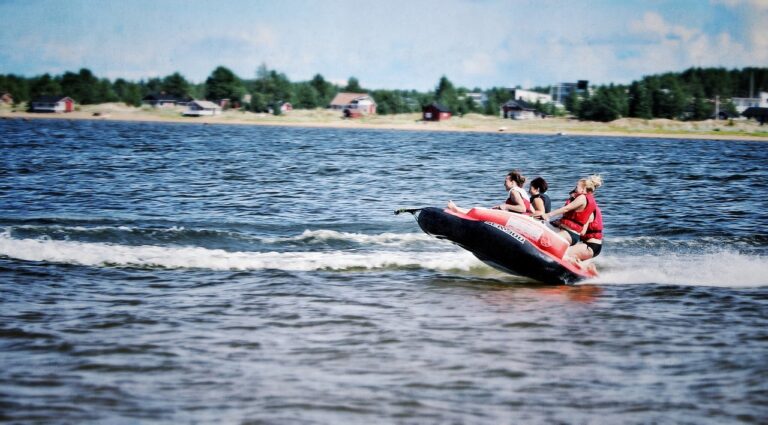Maintaining Safe Playing Conditions During Rainy Seasons: Cricket bet 999 login, 11x play online, Betbhai9 register
cricket bet 999 login, 11x play online, betbhai9 register: Playing sports during the rainy seasons can be a fun and exhilarating experience. However, it also comes with its challenges, particularly when it comes to maintaining safe playing conditions. Rain can make fields slippery, increasing the risk of injuries, and also affect the quality of the game. But with the right precautions and strategies in place, you can ensure that games can still go on safely even during the wettest of days.
Proper Field Maintenance
One essential practice to ensure safe playing conditions during rainy seasons is proper field maintenance. This includes ensuring that the field is properly drained to prevent water from pooling and creating slippery conditions. Regularly inspecting the field for any potential hazards such as uneven ground or debris can also help minimize the risk of injuries.
Using the Right Equipment
Having the right equipment can make a significant difference in maintaining safe playing conditions during rainy seasons. For example, wearing appropriate footwear with good traction can help prevent slips and falls. Using the correct type of balls and gear designed for wet conditions can also improve the quality of the game and reduce the risk of injuries.
Communication with Players
Clear and effective communication with players is crucial in ensuring safe playing conditions during rainy seasons. Coaches should educate players on the potential hazards of playing in wet conditions and emphasize the importance of taking precautions to stay safe. Encouraging players to warm up properly, stretch, and stay hydrated can help prevent injuries and ensure that everyone can enjoy the game safely.
Monitoring Weather Conditions
Keeping an eye on the weather forecast is essential when planning games or practices during rainy seasons. It’s important to be prepared for sudden changes in weather and have a plan in place in case of lightning or severe weather conditions. Postponing games or practices if the weather poses a significant risk to players’ safety is always the best decision.
Adjusting Game Strategies
During rainy seasons, it’s important to adjust game strategies to accommodate the wet conditions. For example, teams may need to focus more on short passes and ball control to minimize the chances of losing possession on a slippery field. Coaches can also encourage players to communicate more effectively to ensure that everyone is on the same page despite the challenging conditions.
Cleaning and Drying Equipment
Properly cleaning and drying equipment after games or practices in rainy conditions is essential to prevent mold, mildew, and odors. Allowing gear to air dry thoroughly before storing it can help extend its lifespan and ensure that it remains in good condition for future use.
FAQs
Q: What should I do if it starts to rain during a game?
A: If it starts to rain during a game, coaches should assess the weather conditions and make a decision based on the safety of the players. If the rain becomes too heavy or if there is lightning, it may be best to postpone the game and seek shelter until the weather improves.
Q: How can I improve my traction on a wet field?
A: To improve traction on a wet field, consider wearing cleats specifically designed for wet conditions. These cleats typically have deeper grooves and better traction to help prevent slips and falls. Additionally, try to avoid sudden changes in direction and focus on maintaining balance and stability while running.
Q: Can playing in wet conditions damage the field?
A: Playing on a wet field can potentially damage the grass and soil, particularly if the field is not properly maintained. To minimize damage, avoid playing on the field when it is waterlogged, and consider rotating playing areas to allow the field to recover between games.
In conclusion, maintaining safe playing conditions during rainy seasons requires a combination of proper field maintenance, communication with players, monitoring weather conditions, adjusting game strategies, and taking care of equipment. By following these guidelines, you can ensure that games can still go on safely and enjoyably even in less than ideal weather conditions.







